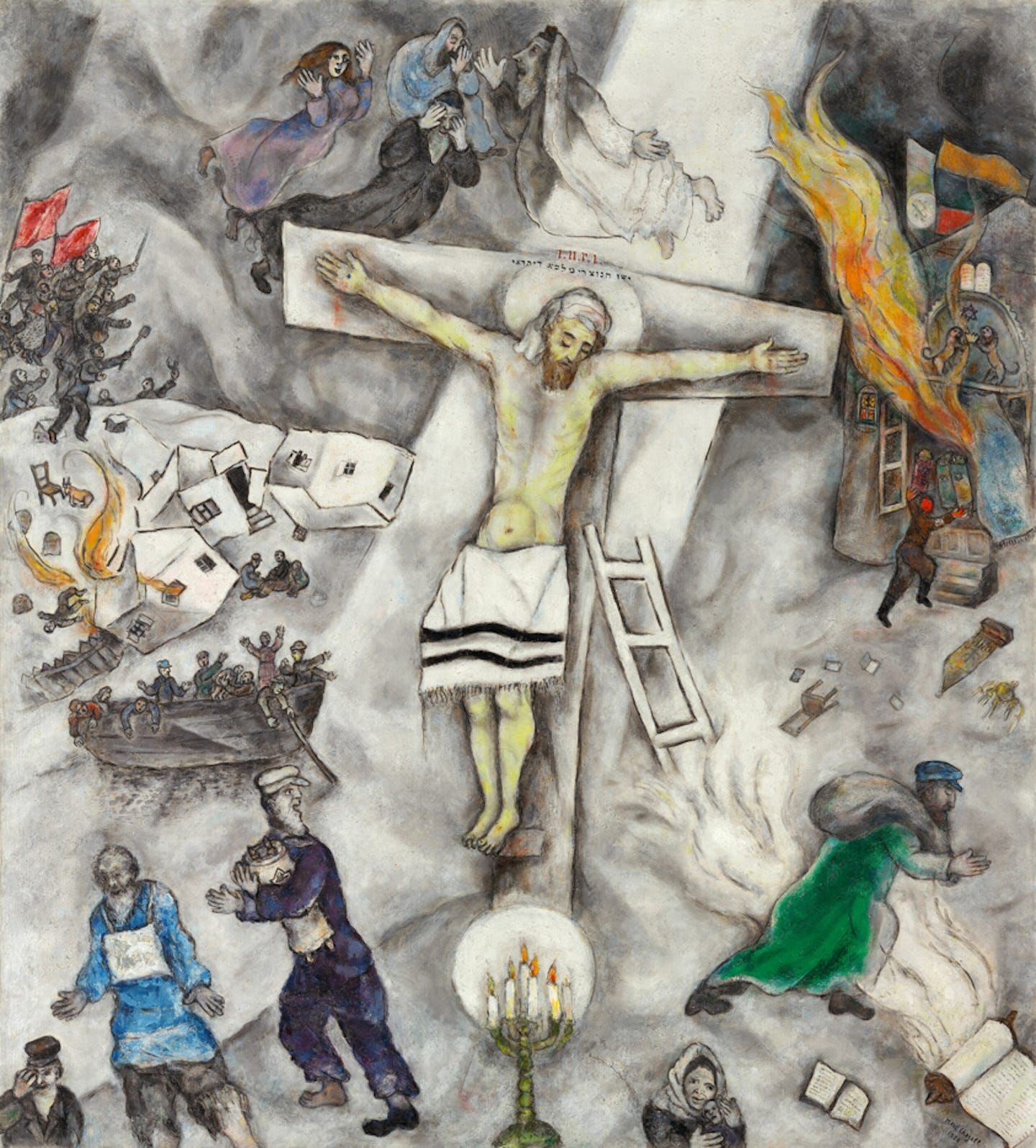Matthew 22:15-22
Teacher, is it lawful to pay taxes to Caesar or not?
In this Sunday’s lectionary Gospel passage, Jesus pointedly implies that the begrudgers’s question about taxes to Caesar and the law of God is a question that in itself violates the law of God. Jesus responds to their question about the commandments with another commandment, a commandment given by God to Moses on Mount Sinai, do not put the Lord your God to the test. The same commandment Jesus recites when tempted by the devil in the desert. In other words, our question to Jesus about Caesar's claim on our stuff makes us sound like Satan.
Asking Jesus what we should do about Caesar's claim on us makes us sound like Satan.
“Teacher, is it lawful to pay taxes to Caesar or not? But knowing their hypocrisy, Jesus said to them, why are you putting me to the test?”
Teacher, is it lawful to pay taxes to Caesar or not?
Should we or shouldn't we, Jesus?
Yes or no?
The gospel story begins by telling you about a tax levied by Caesar Augustus to make the Jews pay for their own subjugation. And the gospel story ends with Pontius Pilate killing Jesus. On what charges? On the charges of claiming to be a rival king and telling his followers not to pay the tax to Caesar.
The tax in question was the Roman head tax levied for the privilege of being a Roman citizen.
Incidentally, this same tax is where we get the word gospel from in the first place. In ancient Rome, that word gospel referred to the announcement that Caesar had conquered you. And now, he was not just your salad, he was your god too and now you have the awesome privilege of paying taxes to cover the cost of his having colonized you.
The Roman head tax could only be paid with a silver denarius from the imperial mint. It's the only way it could be paid. The denarius was the equivalent of a quarter. Just a quarter. Less than a cup of coffee. So it's not that the tax was onerous, it was offensive.
On one side of the coin bore the image of the Emperor, Caesar Tiberius, and on the other side was the inscription, Caesar Tiberius, son of God, our great high priest. Carrying the coin broke the first and most fundamental law, you shall have no other gods before me.
And because it broke the law of God, the coin rendered anyone who carried it under God's wrath. The coin made anyone who carried it ritually unclean. Therefore, it couldn't be carried into the temple, which is why money changers set up shop on the temple grounds to profit off the Jews who needed to exchange currency before they worshiped or made an offering.
You see how the system works?
Teacher, is it lawful to pay taxes to Caesar or not?
You see, what they're really asking here is about a whole lot more than taxes. But to see that, in order to see what they're really asking, you've got to dig deeper into the passage.
The scene takes place during Holy Week, on the Tuesday before the Friday that Jesus dies. On Sunday before this passage, Jesus rides into Jerusalem to a King's welcome. On Monday the day before this passage, Jesus cleanses the temple. Jesus pitches a temple tantrum, crashing over all the cash registers and the money changers and animal sellers and driving them from the temple grounds with a whip. And that's when they decide to kill Jesus. Why? To answer that question, you need to know a little history.
Two hundred years before this passage, Israel suffered under a different empire, a Greek one. And during that time, there was a guerrilla leader named Judas Maccabeus. He was known as the Sledgehammer.
The sledgehammer's father had commissioned him to quote, avenge the wrong done by our enemies, and pay attention, and pay back to the Gentiles what they deserve. So Judas the sledgehammer rode into Jerusalem with an army of followers to a king's welcome. He promised to bring a new kingdom. He symbolically cleansed the temple of Gentiles, and he told his followers not to pay taxes to their oppressors. Judas Maccabeus, the sledgehammer, got rid of the Greek kingdom only to turn around and sign a treaty with Rome.
The sledgehammer traded one kingdom for another just like it.
But not before he became the prototype for the kind of Messiah Israel expected. That was 200 years before today's passage. About twenty five years before today's passage when Jesus was just a kindergartner.
Twenty-five years before this passage, another Judas, this one named after that first sledgehammer, Judas the Galilean, called on Jews to refuse paying the Roman head tax. And with an armed band, Judas the Galilean rode into Jerusalem to shouts of what? Hosanna. Judas the Galilean cleansed the temple and then he declared that he was going to bring a new kingdom with God as their king. Judas the Galilean was executed by Rome.
You see what's going on?
Jesus the Galilean has been teaching about the kingdom for three years.
He's just ridden into Jerusalem to a messiah's welcome.
He's just cleansed the temple and driven out the money changers.
The only thing left for Jesus, the sledgehammer, to do is to declare a revolution, to stand up to injustice, to deliver the oppressed, to cast down the principalities and powers from their thrones, to take up the sword.
That's why the Pharisees and the Herodians trap Jesus with question about this tax.
Jesus, do you want a revolution or not?
That's the real question.
Come down off the fence, Jesus.
Keep reading with a 7-day free trial
Subscribe to Tamed Cynic to keep reading this post and get 7 days of free access to the full post archives.





